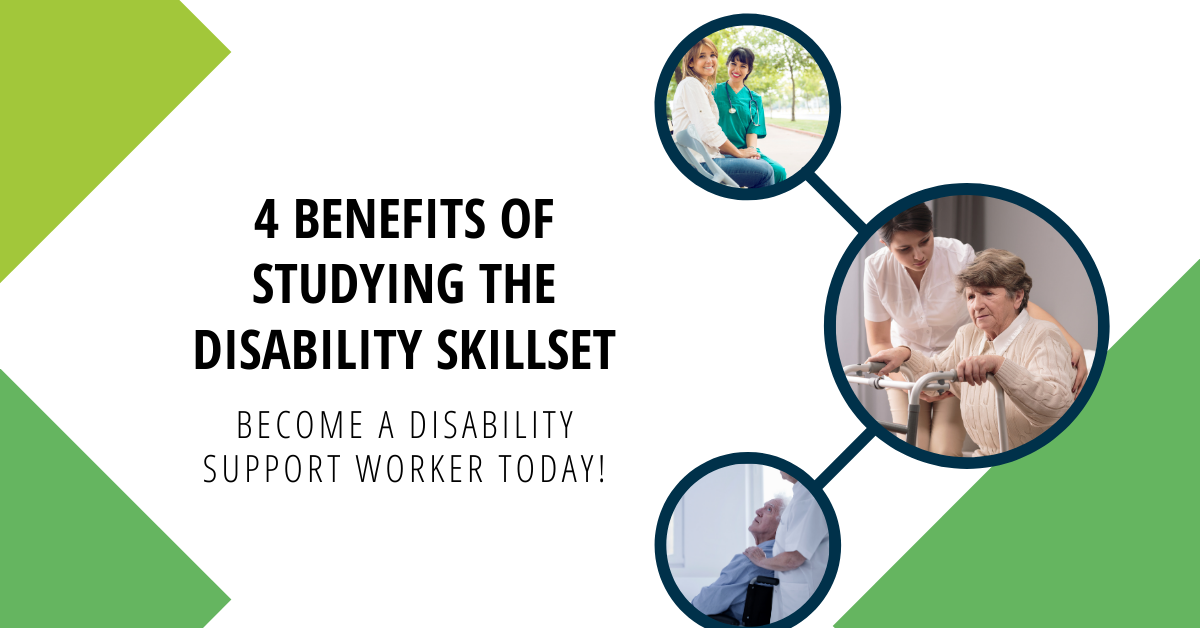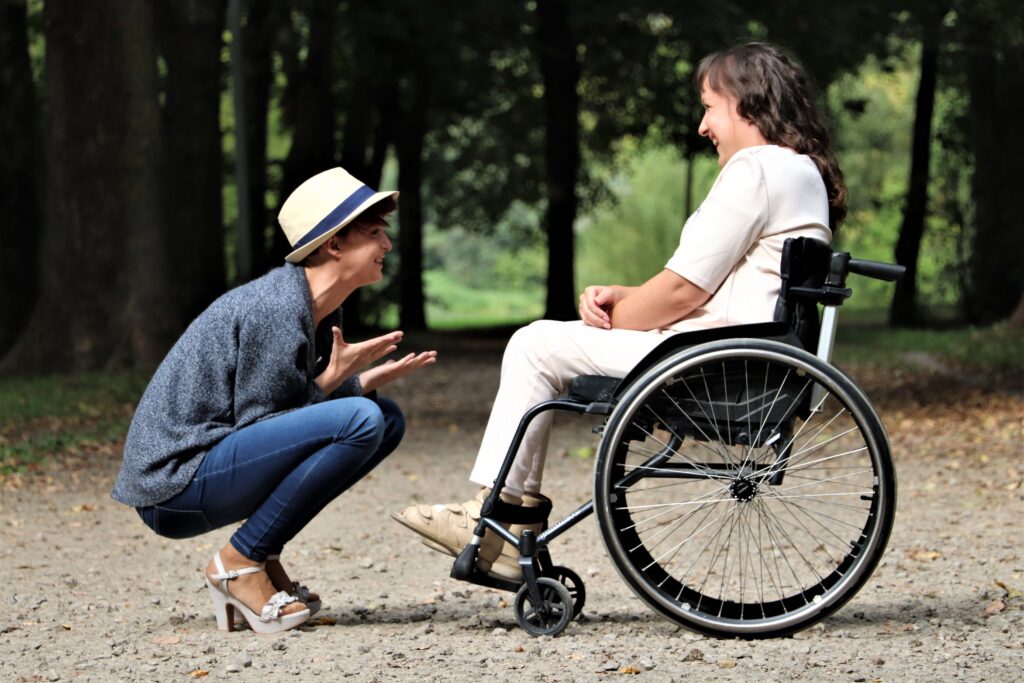
Tips for your first job in Home Care
IF IT’S YOUR FIRST TIME IN HOME CARE, IT’S EASY TO FEEL ANXIOUS OR NERVOUS ABOUT WHAT IS TO COME.
After learning all about it in class or contributing during your work placement, most of your worries should be subdued. However, we know that it’s always going to be scary starting a new job. Nevertheless, it’s important to note that you are not alone and that there are structures in place to ensure you are receiving all the right support. It is also the perfect time to reflect on everything you have learnt during your studies to see where it may all come in useful.
While working in a facility means you are surrounded by other colleagues and carry out your work within that facility, conducting home care services is vastly different. What you learn during your course is that a different set of safety and wellbeing precautions will apply when you step out of the facility environment and enter the home environment. This includes things such as environmental safety and personal security, which is why knowing what procedures you need to follow is so important. For example, if the home environment has spills, leaks or obstructed access to fire exits, home care workers need to identify these risks before commencing their duties. One way to tackle this is to scan the house or environment immediately on arrival for any outstanding hazards. To learn more about careers in home care, click here.
Other tips to help you prepare for you’re a job in a home-based environment include:
Expect the unexpected
Circumstances in a home-based environment can change quickly. Unlike a facility or a hospital, your surroundings can switch up with little to no warning. Moreover, being prepared and ready to handle these types of scenarios is an important skill and one that you will boost the longer you work in the field. To begin with, practice actively assessing your surroundings, including:
- Being aware of your clients mental, physical and emotional state
- Your personal health and safety hazards
- Observing your physical surroundings as soon as you arrive
Be aware of pets
While pets are the best addition to many people’s lives, sometimes it can create a compromising situation for a home carer. This is usually the case if the pet is known to be more belligerent towards humans or if you as the carer are afraid of animals in general. As a rule of thumb, try and find out beforehand if there are any pets at the residence you will be in, as well as what animal it is. To make yourself as comfortable in that situation as possible, feel free to ask questions about the pet or express any concerns you might have. Avoid approaching or touching the animals and familiarise yourself with your company’s policy towards animals. Some company’s strictly state that animals must not be touched or approached, so ensure you are across this.
Watch your back
Literally! Some home care workers tend to disregard safe manual handling practices and this puts extensive strain on their physical wellbeing. It is important to remember all the safe handling you learnt during your studies and follow them exactly. If you overexert yourself or practice improper techniques, you are significantly increasing your chances of sustaining an injury. These injuries can be lifelong. If you want more information about how a course can help you learn the safest ways to carry out tasks when working in home care, click here.
With all these added precautions and the sporadic horror story here and there, it’s easy for workers to forget the impactful work they are conducting. Sometimes you won’t even know how much of an effect you have on all your clients, especially as the job itself can sometimes feel a little trying. However, it’s important to not forget that you are making a huge difference in the lives of others and everything you do is absolutely valued. Many of our students who have left our doors to pursue roles in home care have stated that they do leave their jobs at the end of the day happy that they’re making a real change.
To find out how you too can get started, click here and one of our Course and Careers advisers will be in touch with you soon.
Speak to one of our Course and Career’s Advisors
if you have any further questions!
Pick a time: lunchtime, after the kids are in bed, anytime. We’ll call you back.



